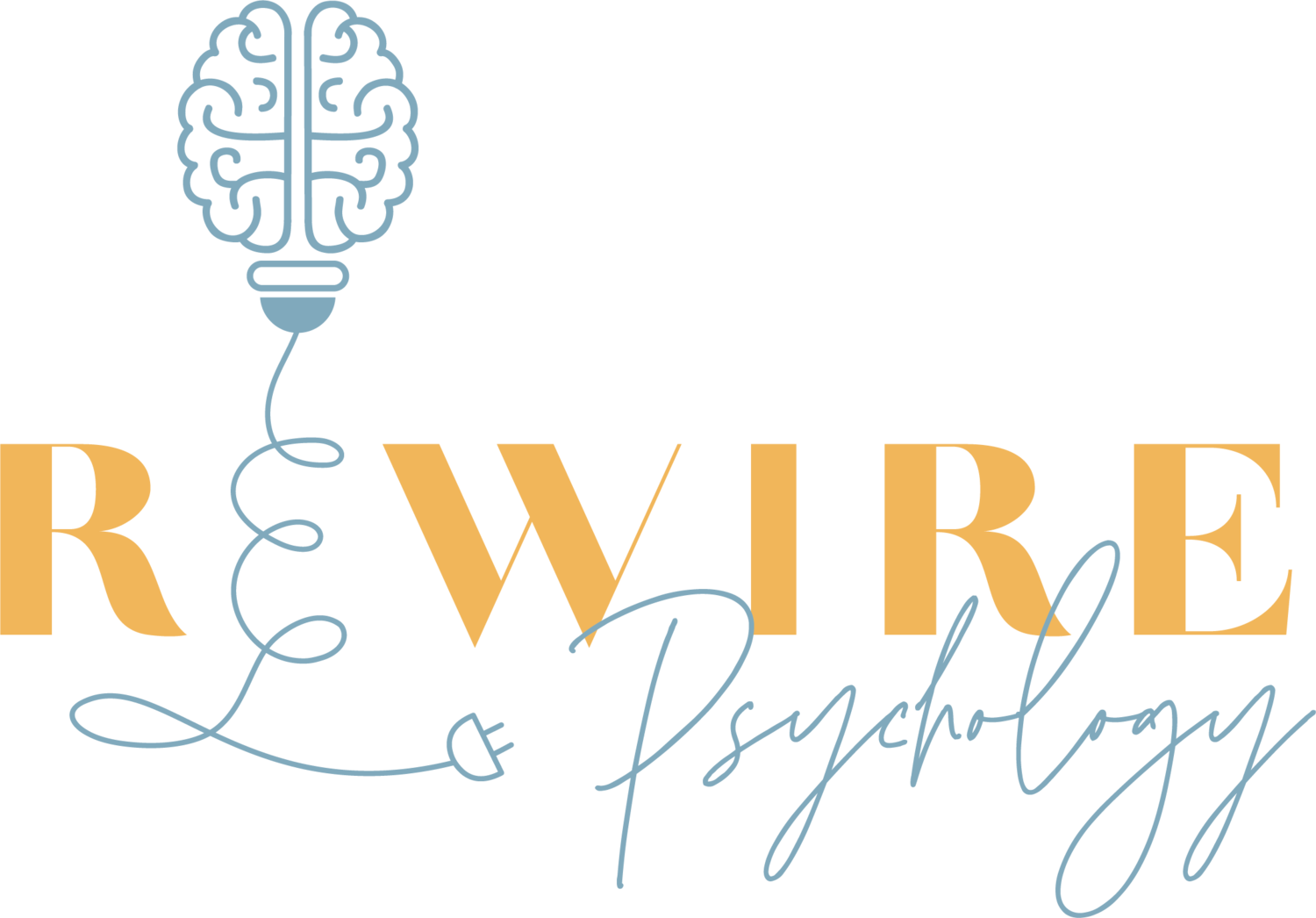Introducing our therapy dog: Fedster
Let me introduce to you our co-therapist if you wish, and companion Fedster (Fed: he/him). We completed our Visiting Therapy dog and Handler training with Lead the Way Institute, Melbourne, in April 2021.
So, what is Fed's role?
Fed is required to be friendly, patient and welcoming in our sessions. He is present to help you feel comfortable and less nervous if you are attending our service for the first time. Patting and interacting with him may help get your mind off some of the problems or worries for some time until you feel ready to talk about them.
What are therapy animals?
A visiting therapy animal works with a trained handler and therapist to bring joy to the lives of those in need. Dogs are the most common therapy animals visiting various settings, including schools, nursing homes, and hospitals; however, cats and other small animals may also be seen.
Is he trained?
To earn his blue collar and coat we underwent rigorous training for a few months before attending a total of five days to assess his capabilities, safety, and responsiveness. Fed trained with Lead the Way Institute in April 2021 and was assessed as being safe, friendly, and healthy. He was evaluated to be enjoying attention from other people under guidance. He is also trained based on tonal regulation and therefore not treat reliant.
Fed sitting on his mat waiting to greet you! Pictured with his therapy dog collar.
What are the benefits of having Fed attend my session?
Fed attending sessions sometimes helps break the ice and builds rapport in sessions quickly. He enjoys meeting new people and has been observed sitting beside children and adults who may appear anxious and putting his head on their lap or sitting by their feet. You may even like to pat Fed while engaging in counselling if that makes you feel more comfortable.
Will he want to sit on the sofa/ seat beside me?
Fed is trained not to sit on the furniture and, until specifically asked to do so.
I fear dogs; how do I attend a session with you?
During your initial phone call, you can let me know you are not comfortable with dogs, and you will be offered an appointment on the day/ days Fed does not work.
Do I have to engage with Fed?
This is entirely your choice; if you are comfortable and want to engage, he will be encouraged to interact with you. If you do not wish to engage with him on a particular day, he will be given the command to sit on his mat.
Is he clean?
Very important question: a therapy dog has hygiene standards in place. Fed has a regular groom /fur cut once in 5-6 weeks in summer and eight weeks in winter. He is usually bathed weekly, based on his work schedule but is also wiped down every day before he attends work. After every interaction with Fed, I recommend clients wash their hands thoroughly.
If we get food into the session, will he eat it?
Therapy dogs are trained to listen to their handler, so if you have food in the session, it is my responsibility to ensure Fed is listening to me and not focused on your food.
Does he eat human food?
Fed has not been in the habit of receiving food from our plates or our leftovers. He has a strict dietary intake based on his health needs. So, he does not eat human food.
Can Fed visit the supermarket?
Fed is a therapy dog and NOT a service dog or an assistance dog, and therefore he is not permitted at the supermarkets, airports or shopping centres.Therapy dogs can only work with their trained handler and visit facilities as such schools, aged care services, medical clinics, and mental support clinics with prior permission.
What is Fed's favourite game/ toy?
Fed loves to play tug outside his work hours because he enjoys playtime without many rules. While in session, he only plays with the toy on his mat.
What does he like?
He loves cuddles, a good belly/ back rub and meeting new people and giving them hugs. Of course, he loves food, but is encouraged to eat only at his designated mealtimes.
What a unique name, what does it mean?
He gets his name from Roger Federer (big fans here); he wishes to be addressed as Fed.
What day/s does Fed work?
Fed usually works on Fridays, but that may change based on the hours he is physically required to be onsite. His work hours also change based on overall health requirements i.e., if he is sick or recovering from an infection he is will not be at work.


